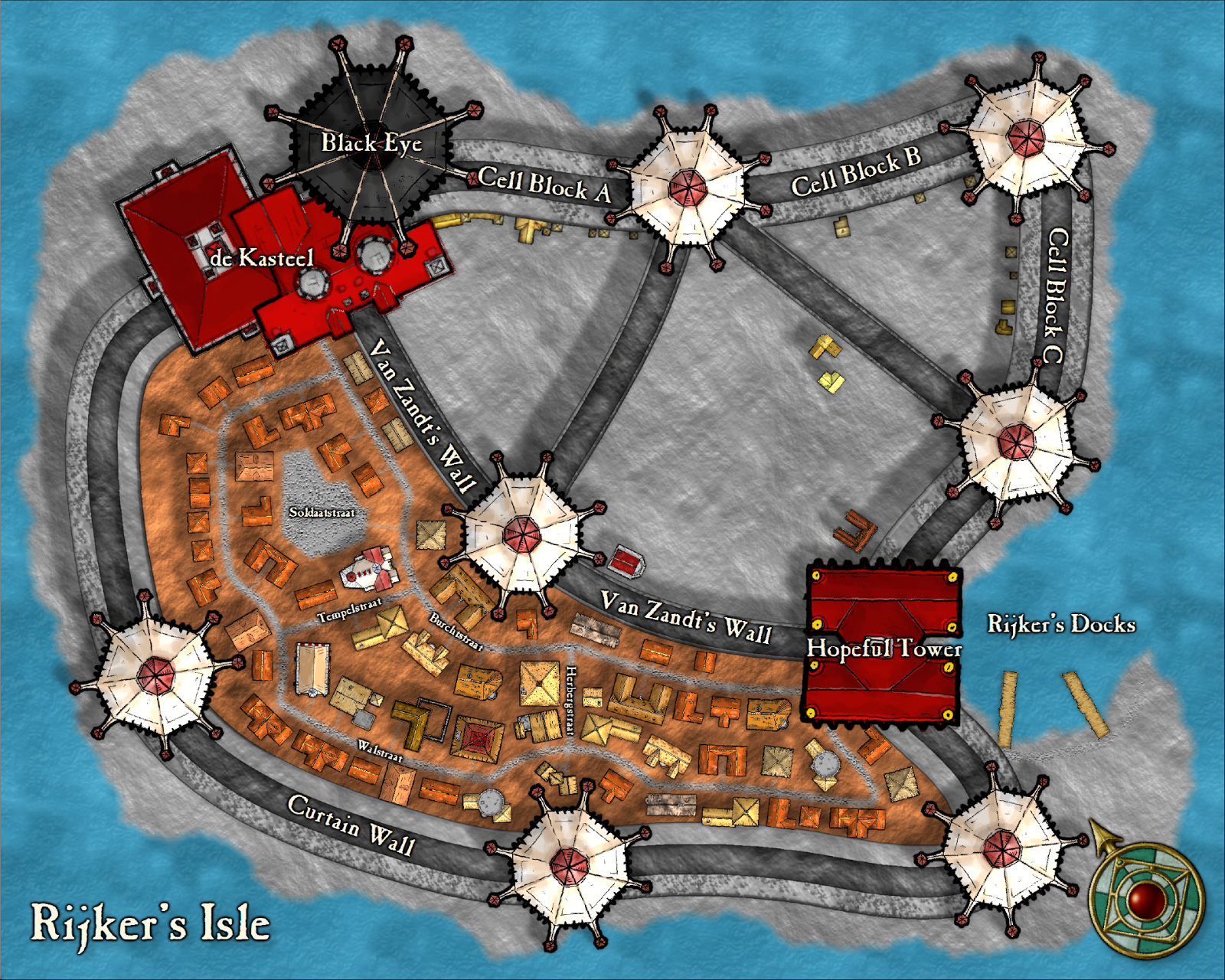Whilst this is sad, it means I have a chance to create something new. *cue rubbing hands together*
For a bloody long time now I have wanted to run a campaign set in the 41st Millennium of Warhammer 40k. A long while back, I did just that, but it never got very far due to my moving away from the group. I have since grown considerably as a GM, and I am ready to step back into the fray.
Last year I designed a campaign called Into the Expanse, but unfortunately that wont really work with where I am now. I am no longer a student, and don't have as much time to put towards planning as I once did. Further, many of the questions asked with Into the Expanse were answered by Marienburg: Sold Down the River (but not all!)
Therefore, I need something new. Enter Verum Arbitus.
 |
| DISCLAIMER: This is not indicative of the coming campaign. But I had you there for a minute. Or do I still have you? Is this all a lie? |
Verum Arbitus
Just to be straight, this is an episodic Dark Heresy campaign, where each 'episode' mission has 3 parts, played over 3 sessions. As a usual Dark Heresy campaign goes, the PCs will be Throne Agents... But there is a twist.
I first had inspiration for Verum Arbitus after I watched True Detective (the pseudo-Latin inclined among you will note that "verum arbitus" very loosely translates as "true detective"). I wanted to create a campaign where the players are, loosely, "the law", yet they are bound in near-mythic events and stumbling through. The players should feel competent - this is their job, after all - but the situation seems strange and unlike anything they have seen before. To put it into metaphor, they hold a well worn deck of cards, yet manage to draw one they've never seen before.
The second round of inspiration for Verum Arbitus, and what prompted me to write the first session was, strangely, the song Radioactive by Imagine Dragons. This was strange for me, but it hammered home the idea that inspiration can strike you from any source. And at any time. Because, as it happens, I was wasted at the time and dancing in my living room with a group of friends to very loud music...
Don't look at me like that.
Anyway, I got to writing, and I sorted out my thoughts. So let me present the Grand Concept Document for Verum Arbitus.
Campaign Name: I've already covered this, but Verum Arbitus.
This name gives the needed "fake Latin" feel which is essential to Warhammer, reinforces the strange arcane nature of the campaign, and identifies that the players will take an Arbitrator role during the game. Great stuff.
Campaign Tag-Line: When you know your enemy, you know your ally.
This tag-line is a bit of a riddle, and I wont answer it here as my players are likely reading (and so they should!) However, think about this one. Really think about it. It should give you a few ideas on the sorts of games I'll be running.
What is the Campaign Question?: Who do the PCs trust when their bosses are worse than their foes?
This question is a pretty standard one for 40k, however when mixed with some of the other points in this GCD it should get the players thinking. Just what kind of scum will their employers be?! If we know that their employer is an Inquisitor, as the PCs are Throne Agents, then what does that say about the campaign scope? Is it a Radical or Renegade Inquisitor? Or a truly Puritan Inquisitor? Or neither? Maybe they are 'fake' Throne Agents! Who knows...
(I do.)
Who are the PCs?: Those in the wrong place at the right time. Those that survived. Those that can be manipulated.
The PCs will be forced into servitude, quite literally at the barrel of a gun. But then again, they are Throne Agents. They aren't just bilge scum scrapped up to service. They are competent agents, able to deal with situations that come their way. But they didn't CHOOSE this life, that is the main point.
What are the Doing?: Get a Mission, Infiltrate the Situations, Cut off the Head, Burn Everything.
The PCs will mostly spend their time clandestinely operating behind enemy lines. They will be performing things that, should they be discovered, they will be disavowed, disowned, and destroyed for. They will be doing the "thankless duties the Emperor needs them to do". And they will be doing it in bad company... Or is it better company than those who sent them into these hell holes?
Looking forward to talking more about Verum Arbitus in the future! Viva la Dark Heresy!
